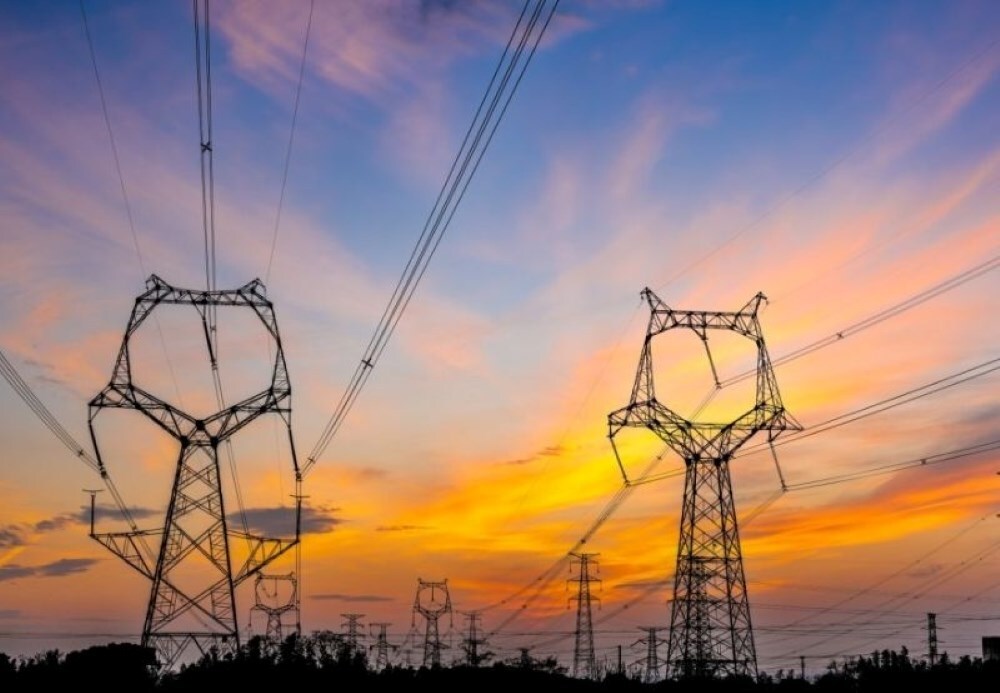

The UK Government has just rolled out an important initiative designed to cut electricity costs for Energy Intensive Industries (EIIs). This move is expected to save British businesses more than EUR 400 million (USD 465 million) each year. It is a part of a larger plan to enhance industrial competitiveness, safeguard jobs and strengthen the nation’s manufacturing base.

The initiative in detail
The Department for Business and Trade (DBT) has announced that this initiative will significantly expand the support available through the current EII Exemption Scheme. Eligible businesses will have a better chance to offset the indirect costs tied to renewable electricity policies. These improved measures aim to bring UK electricity prices more in line with global standards while also bolstering industries that are crucial for the country’s economic growth and its Net Zero goals.
The Government’s announcement emphasised that the initiative is intended to benefit key energy-intensive sectors, including steel, paper, chemicals and other heavy power users, from 60 per cent all the way up to 90 per cent. This change is set to benefit around 400,000 workers across the UK in these sectors. However, clarification is still awaited regarding the inclusion of the aluminium industry and the practical implementation of these measures.
A lot of these businesses are currently grappling with the highest electricity costs in the industrial sector among G7 countries, which is really affecting their ability to compete globally. To tackle this issue, the Government has rolled out specific relief measures aimed at levelling the playing field for UK industries.
This significant support comes at no extra cost to taxpayers and aligns with a crucial promise from the UK’s modern Industrial Strategy that was introduced back in June. It also follows a four-week consultation on the proposed discount increase that took place between July and August this year.
Also read: Pahal Solar expands capacity with new solar cells and aluminium frame units
The new discount is set to lower energy costs for a variety of businesses throughout Scotland and Wales, which will help boost local jobs and stimulate economic growth. Companies like Tata Steel in Port Talbot and INEOS in Grangemouth will benefit, ensuring that the positive effects are felt all across the country.
This effort builds on the Government’s key British Industrial Competitiveness Scheme, launched as part of the modern Industrial Strategy. The goal is to slash energy costs by 25 per cent for over 7,000 businesses starting in 2027, particularly in vital sectors like aerospace, automotive and chemicals, protecting hundreds of thousands of skilled jobs in the process.
The expanded discount under the Network Charging Compensation (NCC) Scheme is set to help businesses save on their electricity bills by cutting down the costs tied to accessing the UK’s power network.
Both the Supercharger initiative and the British Industrial Competitiveness Scheme will be funded through reforms in the energy system, allowing for cost savings without raising household bills or taxes.
Alfed’s position & next move
ALFED has expressed its support for the Government’s recent announcement, viewing it as a positive step in addressing one of the aluminium industry’s biggest hurdles, which is the ongoing high cost of electricity. The rising energy prices are putting a severe strain on the competitiveness of the UK aluminium value chain, impacting everything from primary production to recycling, re-melting and downstream manufacturing.
To make sure these measures offer real clarity and benefits for its members, the firm has been in discussions with the Department for Business and Trade (DBT) and the Department for Energy Security and Net Zero (DESNZ). It has raised some important questions about how this will all work, including:
Eligibility: Will aluminium producers, processors and recyclers fall under the new eligibility criteria?
Application: How and when can companies tap into these reduced electricity rates? Will the relief be automatically applied through suppliers, or will there be a formal application process?
Scope: Does this announcement suggest a wider review of energy cost competitiveness for Energy Intensive Industries, or is it just an extension of the current EII exemption framework?
Future Engagement: Will the Government hold a specific roundtable or briefing session to connect directly with industry stakeholders and figure out where support can make the most difference?
Also read: Energy crisis or more – what will potentially decide the fate of Tomago aluminium smelter?
The company will keep everyone posted as soon as it gets more information from the Department for Business and Trade (DBT) and the Department for Energy Security and Net Zero (DESNZ). In the meantime, it is encouraging its members to share their thoughts on how rising electricity costs are impacting their operations, especially if it has faced challenges accessing relief through existing programs.
Why is this initiative a BIG deal for aluminium?
The aluminium industry is a crucial part of the UK’s manufacturing scene, supplying essential materials to important sectors like construction, transport, energy and defence. However, the ongoing high energy costs pose a significant challenge to competitiveness and investment, especially for midstream and downstream producers who often fall outside the formal EII classifications. The firm is dedicated to pushing for fair and sustainable energy pricing for the aluminium sector through the UK Aluminium Alliance, strengthening efforts towards decarbonisation, boosting domestic manufacturing and ensuring long-term stability in the supply chain.
Read our latest e-Magazine on “Sustainability & Recycling: Aluminium's Dual Commitment”
Responses








